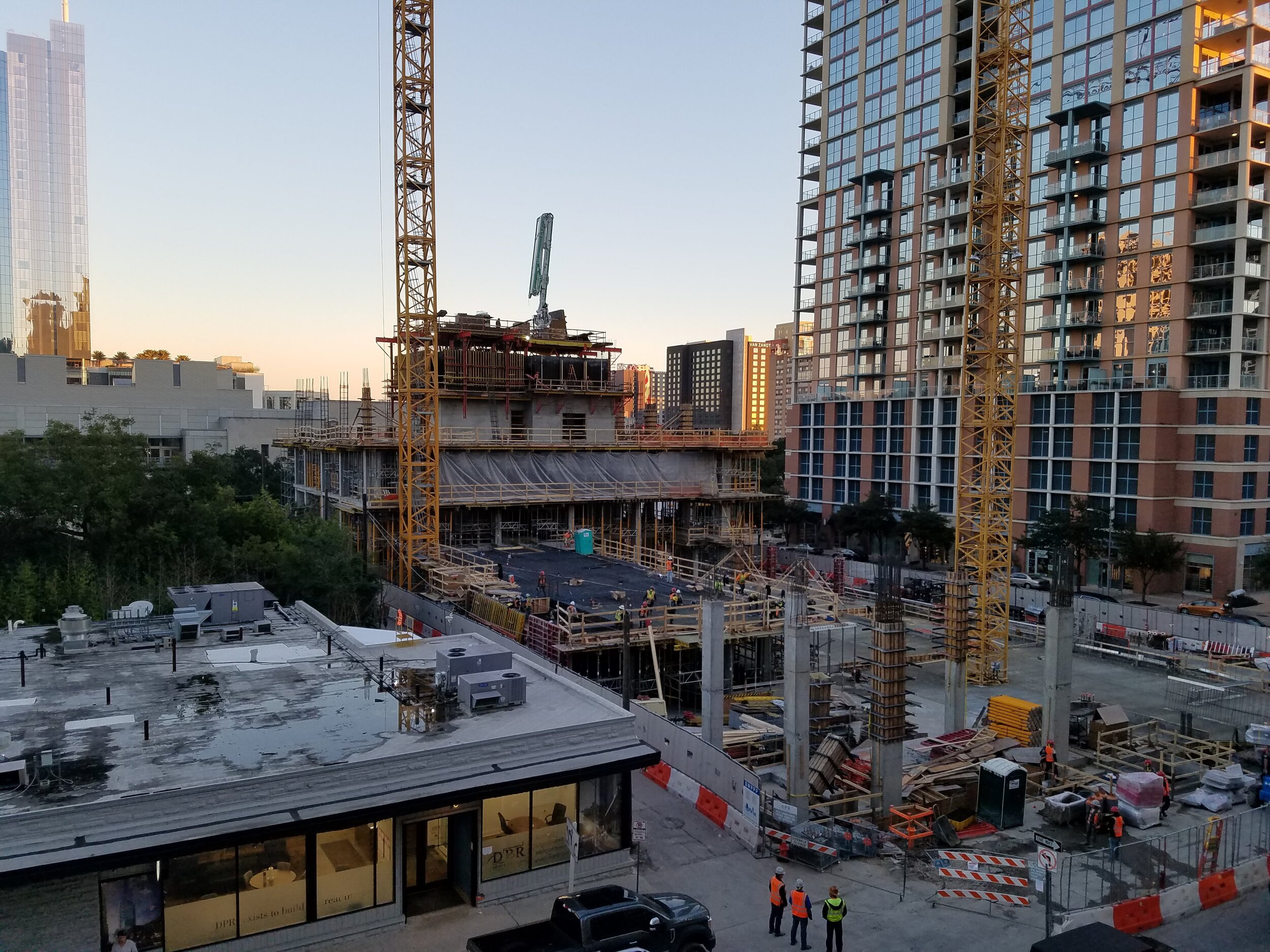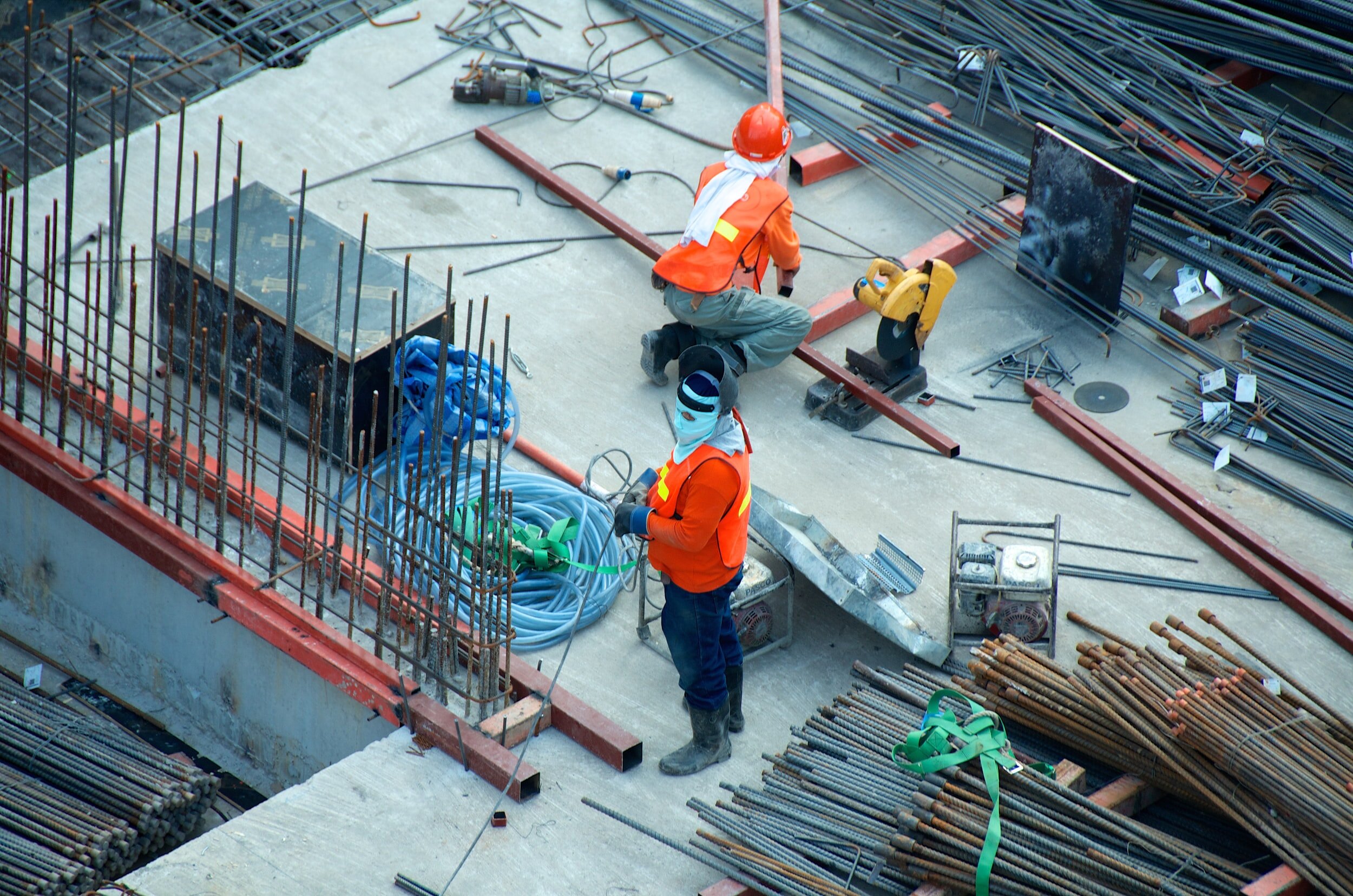At this point, delays have become part of the construction family. The unbreakable relationship between delays and construction projects has been subject to studies, reports, and news over the past decade. A universal phenomenon that has no clear explanation, right?
To help us understand the underlying problem, we dived into studies to see what industry professionals around the world think of the problem. Therefore, the main purpose of this article is to identify why delays are present in almost every construction project and what measures experts can take to break this bond.
Let’s begin by defining “delays” because its meaning can be different from industry to industry. In the construction context, delays are any activities that directly or indirectly influence the outcome of a project. More often than not, a delay is perceived as a failure to complete a specific construction activity within its allotted time.
Delays in construction can occur before construction starts, during construction or even after all deliverables are completed. For example, delays that occur before the project starts may come as a result of lacking due diligence, poorly written contracts, bad management and more. Delays during construction start becoming more technical and don’t necessarily involve management alone. At this point, employee uncertainty, tardiness, weather, and many other factors fueling the bond and increasing the chances of cost overruns.
Moving forward, you may have an idea of how delays are related to various phases of a construction project. We just wanted to touch upon some basics before proceeding to our findings.
Classifying delays according to liability
A study conducted by Zaki Kraiem looking at concurrent delays caused by management and/ or project owners classified construction delays into three types:
Compensable
Excusable
Non-excusable
Compensable Delays
Compensable delays usually happen as a result of some action taken by the project owner. We have already talked about how leadership can affect the outcome of a construction project but it was simply implied that it - usually - happens before construction begins. According to Kraiem, compensable delays can occur at any time during the project. For example, if the project owner submits incomplete designs to the general contractor then mistakes can happen that take time and money to fix. Similarly, if the project owner fails to set up the site for those sub-contractors across phases than a similar outcome can be expected.
As the name implies, for this type of delay, the GC or owner will have to compensate third parties for the additional time and costs that they incurred as a result of their mistakes.
Excusable Delays
Again, the name sort of gives it away.
Excusable delays are those delays that are caused by factors outside of the control of the contractors. What can you do if a storm hits your job site for the next week? Or if you are a contractor based in the North, what is to prevent storms from blocking your worksite for the next couple of weeks?
However, unpredictable weather conditions and natural disasters fall within one of the three major events described by Kraiem’s study. The list of major events goes as follows:
Unforeseen events: Unexpected events that contractors can’t prepare for
Events beyond the contractor's control: Delays from third parties, i.e. Government and Suppliers
Events without fault or negligence: A mistake that slipped through the cracks.
We all make mistakes and some may not be our fault. Yet, it is important to determine the nature of the delay before taking action against it. Remember, delays and construction projects are closely related to one another and breaking them apart will demand a strategic approach.
Non-Excusable Delays
Now, these types of delays are those that are caused by the GC’s action or non-actions. Relative to compensable delays, the non-excusable delays are not the fault of the project owner. On the contrary, they are caused by the general contractors, their subcontractors, suppliers or other shareholders that are part of the chain.
In case of a non-excusable delay, the contractor is liable for the delays and financial burdens that the project owner may incur.
As you can see, the reason why Kraiem categorized the above three types of delays based on liability is because of the fact that the party liable for the damages of the delays may be different from scenario to scenario. And it is important to establish who is accountable for what before proceeding with necessary actions.
Looking at Case Studies
The theory behind delays is great and all but if there is no practical way to prove it than what value does it add?
Thankfully, there are a dozen studies that have looked at construction projects across the world to determine the cause of the delays they faced. In Kraiems study, two construction sites were analyzed, both of which were residential apartments.
Project 2A is detailed as a residential building with five blocks (A1, A2, B1, B2, and B3). The project was planned to begin in February of 2012 and finish in October of 2013. Meanwhile, Project 2B is laid out as a building consisting of eight blocks that follows the same time plan as Project 2A.
After careful analysis, Kraiem noticed the delay across both studies. Although the projects were planned to start in February 2012 and end by October 2013, the actual start date ended up being in August 2012 and was officially completed in March 2014.
Notice the six months delay at the start?
These delays were primarily caused by a mistake that took place in the starting phases of construction. According to Kraiem’s findings, the site on which these buildings were being constructed has excess debris that needed cleaning. More than 7,200 cubic feet of debris had to be cleared from the site. Additionally, the removal process led to sand wastage that caused further delays to the project. The mistakes of the project owners to not foresee the debris may have cost the project thousands of dollars in overruns.
It is easy to see how small details can cost a construction project six months of work. But, that is the risk that one has to bear when working on massive projects.
Recommendations
Can these delays be avoided? Are there any solutions that help business/ project owners minimize delays?
Yes, in fact, there are countless solutions - some that you may perceive as no-brainers - that can help any construction business manage successful projects.
Avoid sluggish performance by management
One of the main causes of delays comes from management. We have already discussed how overlooking certain details can cost the business tons of money. Therefore, establishing systems that manage the performance of every department is paramount to raising performance and productivity.
Manage staff expectations
Here is one of the no-brainers that are often overlooked. Start accounting for the staff’s holidays when scheduling and don’t delay wages. Another core cause of delays is the labor shortage. In the competitive construction industry, the labor force has low switching costs - meaning it can easily move from one company to the other. Therefore to avoid delays that come as a result of labor shortage, management has to ensure that staff expectations are met.
Think in sequences
Construction must be planned in sequence. This means that every event must pave the path for the one that follows it. For example, the contractors responsible for excavation should know that their responsibility is to lay the grounds for the foundation team - assuming they are not the same company. So, when we say think in sequence, we are referring to every stakeholder that is part of the construction process.
Guest Author Bio
Art is the main editor at the time clock app called Atto and a marketing consultant for global enterprises. Most of the contributions Art makes are geared towards his research across markets - hence why you find citations across most of his published articles.











